With countless myths circulating on the internet, many people are left wondering what is actually true. We believe that understanding the truth about nutrition is key to living a healthy, balanced life. In this article, we’ll break down some of the most common nutrition myths using the latest scientific research, helping you make informed choices about your diet and lifestyle.
Myth #1: Carbohydrates Make You Gain Weight
One of the most persistent myths is that carbohydrates are the enemy and the root cause of weight gain. This belief has led to the rise of low-carb and ketogenic diets, but the science paints a different picture.
Carbohydrates are not inherently fattening. They are the body’s preferred source of energy. Whole carbohydrates, such as fruits, vegetables, legumes, and whole grains, are packed with essential nutrients, fiber, and antioxidants. These foods help regulate blood sugar levels, support digestive health, and promote satiety.
What causes weight gain is a consistent calorie surplus—consuming more calories than your body needs. Overeating anything, including fats or proteins, can lead to weight gain. Instead of cutting out carbs entirely, focus on the quality of your carbohydrate sources.
Myth #2: Eating Fat Makes You Fat
For decades, fat was demonized as the cause of obesity and heart disease. This led to the popularity of low-fat diets, many of which replaced fats with sugars and refined carbohydrates.
But not all fats are created equal. Trans fats and excessive saturated fats can increase the risk of heart disease. However, healthy fats, such as those found in avocados, olive oil, nuts, seeds, and fatty fish, are essential for hormone production, brain health, and the absorption of fat-soluble vitamins (A, D, E, and K).
Modern research shows that healthy fats can support weight loss and improve metabolic health when consumed in moderation. Fat also contributes to a feeling of fullness, helping you eat less overall.
Myth #3: You Need to Eat Every 2-3 Hours to Boost Your Metabolism
Many believe that frequent meals boost metabolism and help with weight loss. This idea comes from the thought that eating often keeps the metabolism “revved up.”
However, multiple scientific studies have shown that meal frequency has little to no effect on total energy expenditure. What matters more is your total calorie intake and the quality of your food throughout the day. Some people benefit from eating fewer, larger meals, while others thrive on more frequent, smaller meals.
Intermittent fasting, which involves extended periods without food, has also gained popularity and shows potential benefits for weight loss, insulin sensitivity, and inflammation.
Myth #4: Detox Diets Cleanse Your Body
Detox diets, teas, and juice cleanses are widely marketed as a way to “reset” or cleanse your body of toxins. While these trends are popular, they are not supported by scientific evidence.
The truth is that your liver, kidneys, skin, and lungs naturally detoxify your body every day. There is no scientific evidence that detox diets remove toxins or improve health. In some cases, these diets can even be harmful, especially if they involve extreme calorie restriction or unregulated supplements.
Instead of focusing on detox fads, prioritize a diet rich in whole, unprocessed foods, plenty of water, fiber, and regular physical activity. These habits support your body’s natural detoxification processes effectively and safely.
Myth #5: High-Protein Diets Damage Your Kidneys
High-protein diets are often associated with kidney damage, especially among fitness enthusiasts and bodybuilders. This concern stems from the idea that too much protein puts a strain on the kidneys.
However, studies have shown that healthy individuals with normal kidney function can safely consume higher levels of protein without adverse effects. The misconception likely comes from patients with existing kidney disease, who are often advised to limit protein intake.
For healthy adults, increased protein intake can support muscle repair, immune function, and satiety. The key is balance—include a variety of protein sources like legumes, eggs, poultry, and fish.
Myth #6: Fresh Produce Is Always Healthier Than Frozen
It’s common to believe that fresh fruits and vegetables are more nutritious than frozen ones, but this is not always true.
Frozen produce is usually picked at peak ripeness and flash-frozen shortly after, which helps preserve nutrients. In contrast, fresh produce can lose nutrients during transportation, storage, and handling before it reaches your plate.
In some cases, frozen produce may contain more nutrients than fresh alternatives. They are also more affordable, convenient, and reduce food waste. Just make sure to avoid options with added sauces, sugars, or preservatives.
Myth #7: You Should Avoid Gluten Unless You Have Celiac Disease
Gluten-free diets have become trendy, often marketed as healthier for everyone. But unless you have celiac disease or gluten sensitivity, there’s no need to avoid gluten.
Gluten is a protein found in wheat, barley, and rye. For those with celiac disease, consuming gluten triggers an immune response that damages the small intestine. Others may experience non-celiac gluten sensitivity, though it’s far less common.
For the general population, whole grains containing gluten offer valuable nutrients, including fiber, B vitamins, iron, and magnesium. Cutting out gluten unnecessarily can reduce dietary variety and increase reliance on ultra-processed gluten-free products.
Myth #8: Natural Sugar Is Better Than Added Sugar
Many believe that honey, agave nectar, coconut sugar, or maple syrup are healthier alternatives to white sugar because they are “natural.”
The reality is that all added sugars are processed similarly in the body, regardless of the source. While natural sweeteners may contain trace minerals, these are present in very small amounts and do not make them significantly healthier.
Too much added sugar—whether it’s white sugar or organic honey—can lead to weight gain, insulin resistance, and increased risk of chronic diseases. Limit all forms of added sugar and focus on getting natural sweetness from whole fruits instead.
Myth #9: You Need Supplements to Be Healthy
The supplement industry is worth billions, and it’s common to believe that vitamins and minerals in pill form are necessary for good health.
In reality, most people can meet their nutrient needs through a balanced diet. While certain populations—like pregnant women, older adults, or those with medical conditions—may benefit from supplements, they are not a replacement for real food.
Over-supplementation can be harmful. Fat-soluble vitamins like A, D, E, and K can build up in the body and cause toxicity. Always consult a healthcare provider before starting new supplements, and focus on getting nutrients from whole foods whenever possible.
Myth #10: Eating Late at Night Causes Weight Gain
Many believe that eating after 8 PM automatically leads to weight gain, but the truth is more nuanced.
Weight gain is influenced by how many calories you consume versus how many you burn—not when you eat them. While late-night snacking can contribute to overeating, especially if it involves unhealthy choices, eating late in itself does not cause weight gain.
Focus on total daily intake, meal quality, and portion sizes rather than the clock. For shift workers or those with unconventional schedules, eating later may be necessary and should not be stigmatized.
The Bottom Line: Always Question, Always Learn
Nutrition is a complex science that evolves with new research. Myths often arise from outdated studies, marketing tactics, or misunderstood science. Relying on credible sources, evidence-based research, and registered dietitians is the best way to make smart food choices.
Instead of following trends or miracle claims, build a long-term approach based on whole foods, balance, and variety. Be skeptical of extreme diets or overly simple answers to complex health problems.
By understanding the science behind common nutrition myths, we empower ourselves to make better choices—supporting our well-being and that of our communities.
Beehive Restaurant and Lounge is a vibrant culinary destination in Portland, Oregon, offering a unique blend of authentic African cuisine infused with the sweetness of honey. Whether you’re joining us for a meal or a special celebration, Beehive is your hive of warmth, hospitality, and exceptional culinary delights. Connect with us on social media and join our community to stay updated on our latest offerings and events!








